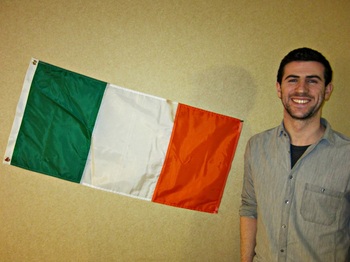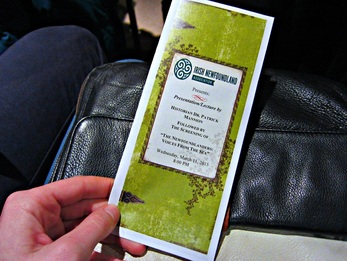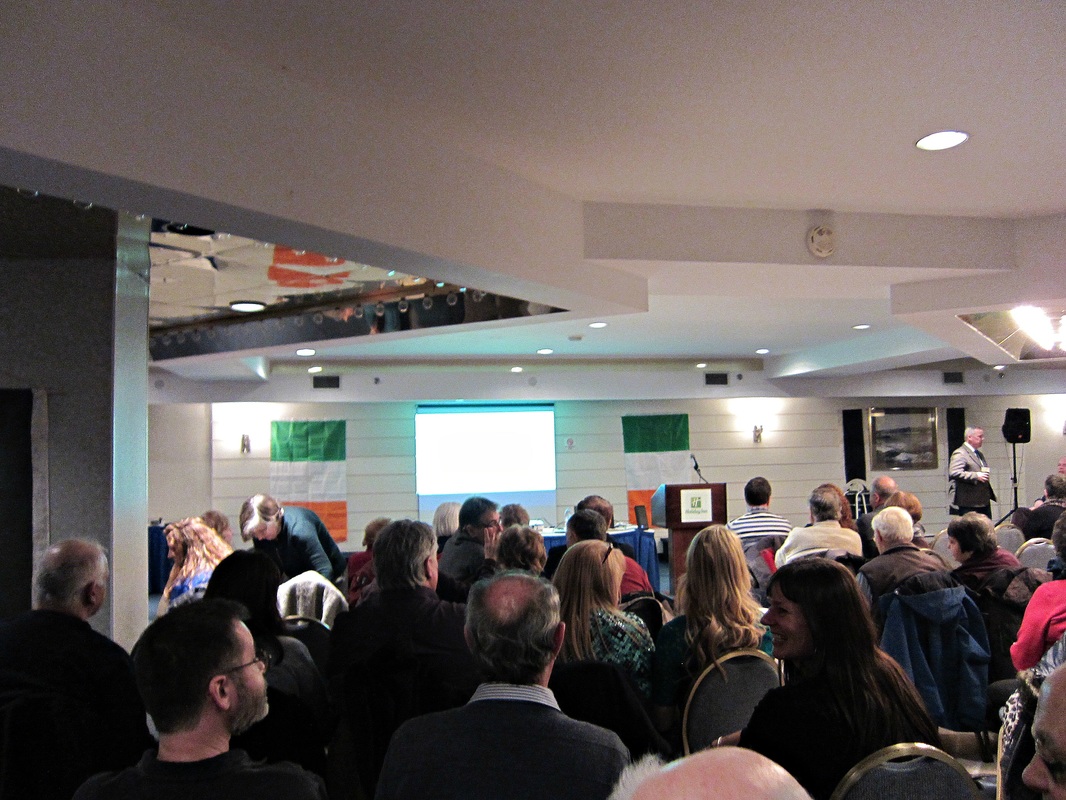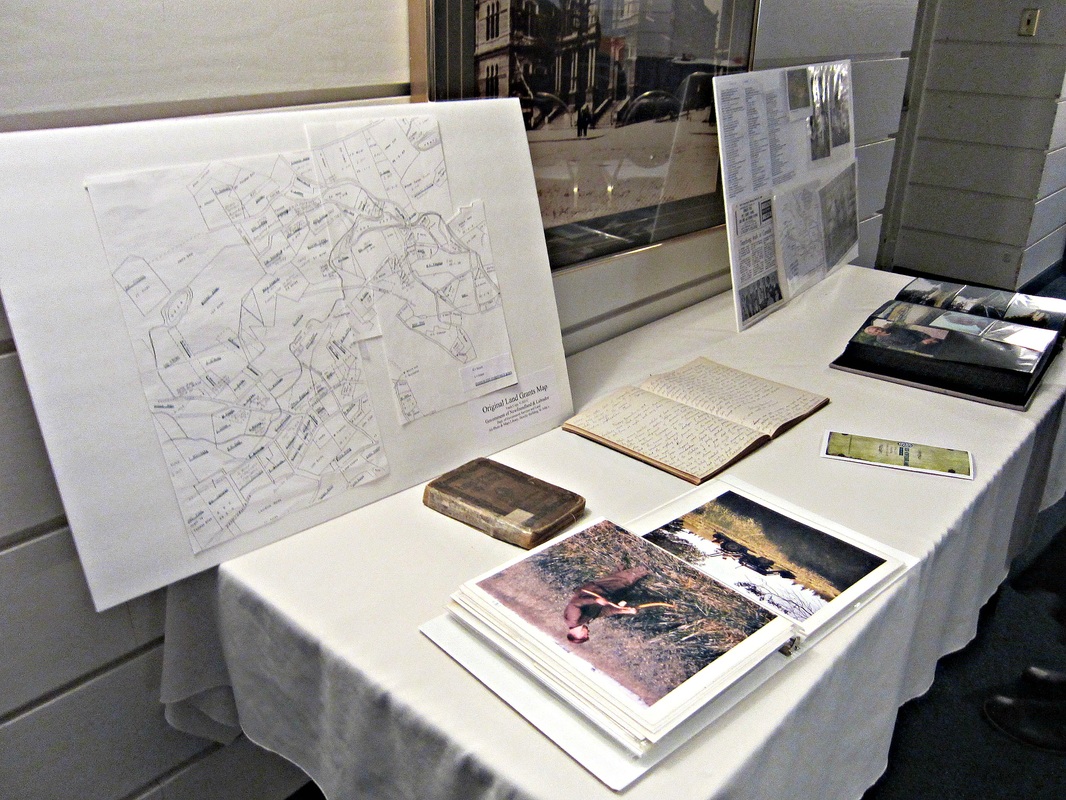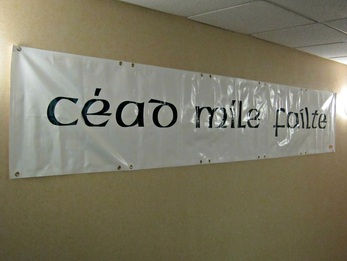It all started with the European discovery of Newfoundland in 1497, along with the substantial supply of fish offshore. The fishing grounds were a point of contention for many years as various countries such as England, France, Spain, the Netherlands, and Portugal fished in the waters and tried to stake claim over the land. Fast forward a couple hundred years to when West Country English merchants recruited Irish migrants for seasonal or temporary fishing positions. It was a substantial migration, peaking in the 1770s and 1780s, with more than 100 ships and 5,000 men leaving Southeastern Irish ports destined for the Newfoundland fishery. Although the jobs were initially seasonal, over time more and more people decided to make a life for themselves along the rocky shores of Newfoundland due to political discontent in Ireland, poverty, and overpopulation.
He touched on the variations of the Irish identity in Newfoundland and how it has changed over time. Surprisingly, the Irish identity here has been inconsistent, although it is alive and well today. We were interested to hear that historically there was quite a disconnect during the Irish independence debate when it came to the opinions that community members presented to the public and how they were actually feeling at the time, as revealed in personal diaries. As a slightly unrelated bonus fact, we found it interesting that when many Irish people emigrated as a result of the Great Famine in Ireland, none of them came to Newfoundland. The Irish history in Newfoundland started long before then.
After a quick break for refreshments and viewing of some historic documents, we sat back down for a showing of the 1979 film entitled Newfoundlanders: Voices from the Sea. It outlined the story of the Irish in the history of Newfoundland and complimented the earlier presentation nicely. Unfortunately, the event started late and we were getting tired by the end of the evening (it was a Wednesday after all!) so we didn’t linger after the film.
- Elizabeth’s ancestors have been in Newfoundland for a long time but from what we know, when you go way back on both sides of the family, her family seems to come mainly from England (Devon, Dorset, and the Channel Islands). However she has at least one Irish branch in her family tree, from Cork, that came to Newfoundland in 1820.
- Luke has a much more obvious Irish heritage as his paternal side of the family is entirely Irish, although he sounds about as English as they come. At least his last name is proof of his Irishness.
Since we’re on the topic, we should mention that we will be visiting Ireland for a long weekend in May! No confirmed plans as of yet, but we are looking forward to exploring Dublin and surrounding areas.
